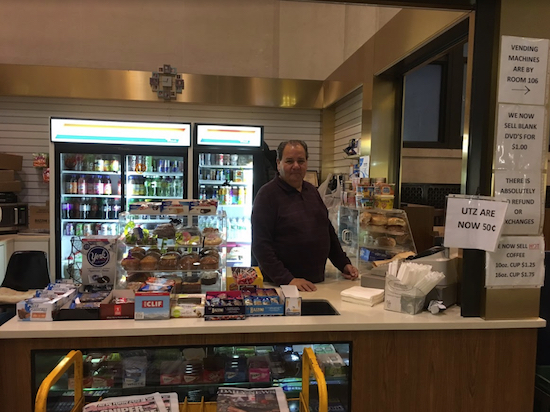Commission for the Blind helps people find jobs in Brooklyn’s courts

The Brooklyn court system is one of the busiest in the country, with everything from terrorism trials to complex civil litigation, to misdemeanor criminal cases. There are people working nearly around the clock serving Brooklyn citizens.
And what about the people who serve them? Inside a number of Brooklyn courthouses, there are stores that sell drinks, snacks and other supplies that the people working in the courts, as well as the general public, rely on. These stores are staffed through a program run by the Commission for the Blind.

Brooklyn Boro
View MoreNew York City’s most populous borough, Brooklyn, is home to nearly 2.6 million residents. If Brooklyn were an independent city it would be the fourth largest city in the United States. While Brooklyn has become the epitome of ‘cool and hip’ in recent years, for those that were born here, raised families here and improved communities over the years, Brooklyn has never been ‘uncool’.